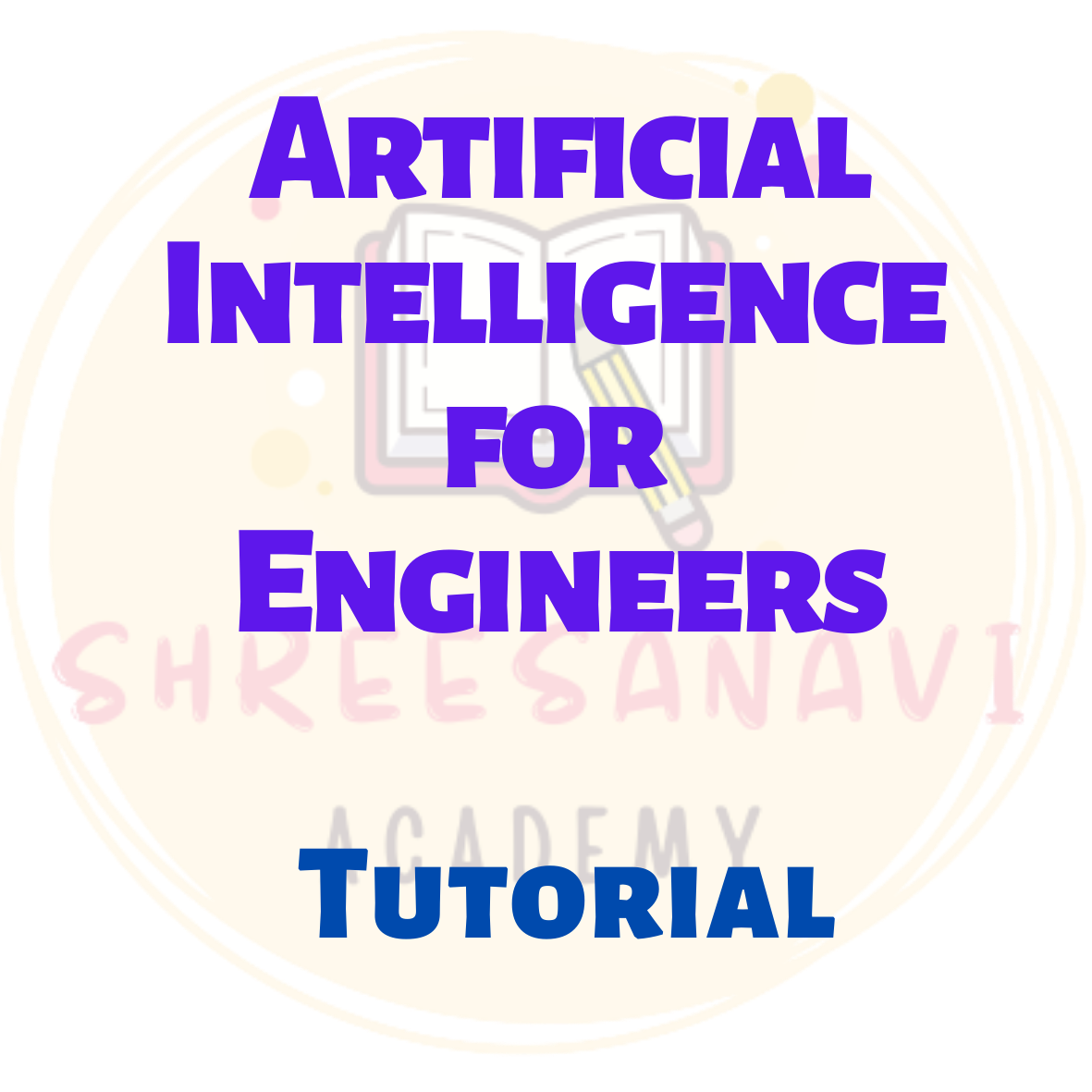Artificial Intelligence for Engineers

In the field of computer science, artificial intelligence is a revolutionary term. The very first example of artificial intelligence that comes to mind when the term "artificial intelligence" is mentioned is "Robot." However, this field is not limited to robot development; it also includes data science, machine learning, deep learning, and image processing. This field has brought about tremendous changes in various domains such as healthcare, defense, education, electronic appliances, electric grid maintenance, security, and so on over the last 10-15 years. Today, smart work is required in every field. For example, a doctor should be able to diagnose and treat patients while sitting in a remote location, information shared should be transferred without interruption, a fan should start by simply waving or looking at it, and an automatic car should be able to drive itself. Based on the collected data, "Tesla," the most recent evolution of artificial intelligence, and "Alexa," chatbots, should be able to forecast the peak of COVID-19 in the coming years and in a specific month. Similarly, there are numerous examples in everyday life. Tesla, a driverless car that runs entirely on Al, objects and has sensors to detect intruders. Identification of movement in the environment, such as gestures and postures of people walking on or beside the road, as well as image identification for traffic lights and other traffic-related rules.
All of the examples above define the impact of artificial intelligence on modern life and demonstrate how intelligence can be developed artificially. Artificial intelligence is made up of two words: "Artificial" and "Intelligence," where Artificial stands for "Manmade" and Intelligence stands for "Thinking Power," so Al stands for "a man-made thinking power." "It is a branch of computer science that allows us to create intelligent machines that can behave, think, and make decisions like humans."
Al can also be defined as:
(a) A computer system that attempts to model and apply intelligence to the human mind.
(b) A branch of computer science that deals with the simulation of intelligent behavior in computers.
(c) The capability of a machine to imitate human behavior.